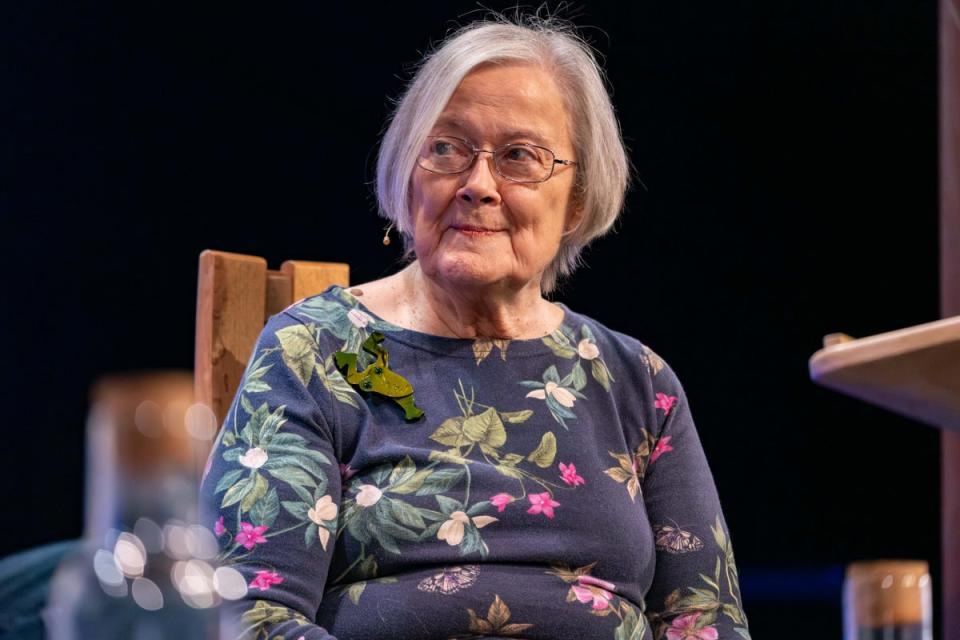Top judge reveals colleague’s sexist comment when she was appointed first woman to the House of Lords

As the first woman to serve as president of the UK Supreme Court, Baroness Hale has become a significant figure. She has been called the “Beyonce of the legal world”, with her eclectic choice of brooches making her an unsuspecting fashion icon. But when she became the first woman judge in the House of Lords in 2004, her arrival was not met with quite such excitement.
Lady Brenda Hale, who is now Baroness Hale of Richmond, told Hay Festival audiences that she had discovered what her male colleague Lord Hope thought of her appointment upon reading his published diaries.
“When I joined the House of Lords as the first woman judge, they all seemed to be extremely welcoming and friendly, these very, very bright, intelligent men – a bit scary, of course. But one of them later published his diaries. He had been keeping a diary throughout his time, he’s now published five volumes.
“His entry, just before three new lords turned up, he said: ‘X’ – the man – ‘will add to the sense of good humour along the Lords corridor. Y will become our man from Northern Ireland. And Brenda will be a source of some anxiety.’” she revealed.
Speaking on The News Review panel, an event in partnership with The Independent and chaired by chief book critic Martin Chilton, Baroness Hale confirmed that it was her feminist principles “that he was afraid of”.
Baroness Hale made headlines in 2019 when she ruled that Boris Johnson, the prime minister at that time, had acted unlawfully in asking the Queen to prorogue Parliament. In 2021 she published her memoir, Spider Woman, with the title being a nod to the nickname she earned after she wore a spider brooch while delivering her verdict.
Throughout her career, she has advocated for the rights of women. Asked if things had improved in Britain in regards to domestic abuse, Baroness Hale said progress had been made, but there was still work to do.
“We started from a position when I first started writing and teaching about domestic abuse, where the police were saying, ‘Oh, we can’t interfere between man and wife because we’re in danger of breaking up the marriage.’
“When I first started as a baby barrister going to magistrate’s court, where women were bringing cases against their husbands with a long list of specific incidents of horrible things having happened to them, the magistrates were still obliged to lean over the bench and ask, ‘Now, is there any chance of your reconciling?’”

She noted that in recent years the definition of abuse has expanded beyond physical violence, citing a case in 2013 “where we said that violence is a wider concept than hitting. Men are afraid of being hit, but women are afraid of much more subtle forms of what we now call coercive control.”
More women would be encouraged to report cases of rape or sexual assault if the earlier stages of the investigation were more effective, she added, stating that things are “not always as thorough as they should be – all these horror stories about samples being in overflowing fridges and going off and things like that”.
Hay Festival runs from 23 May to 2 June in Hay-on-Wye; hayfestival.com.

